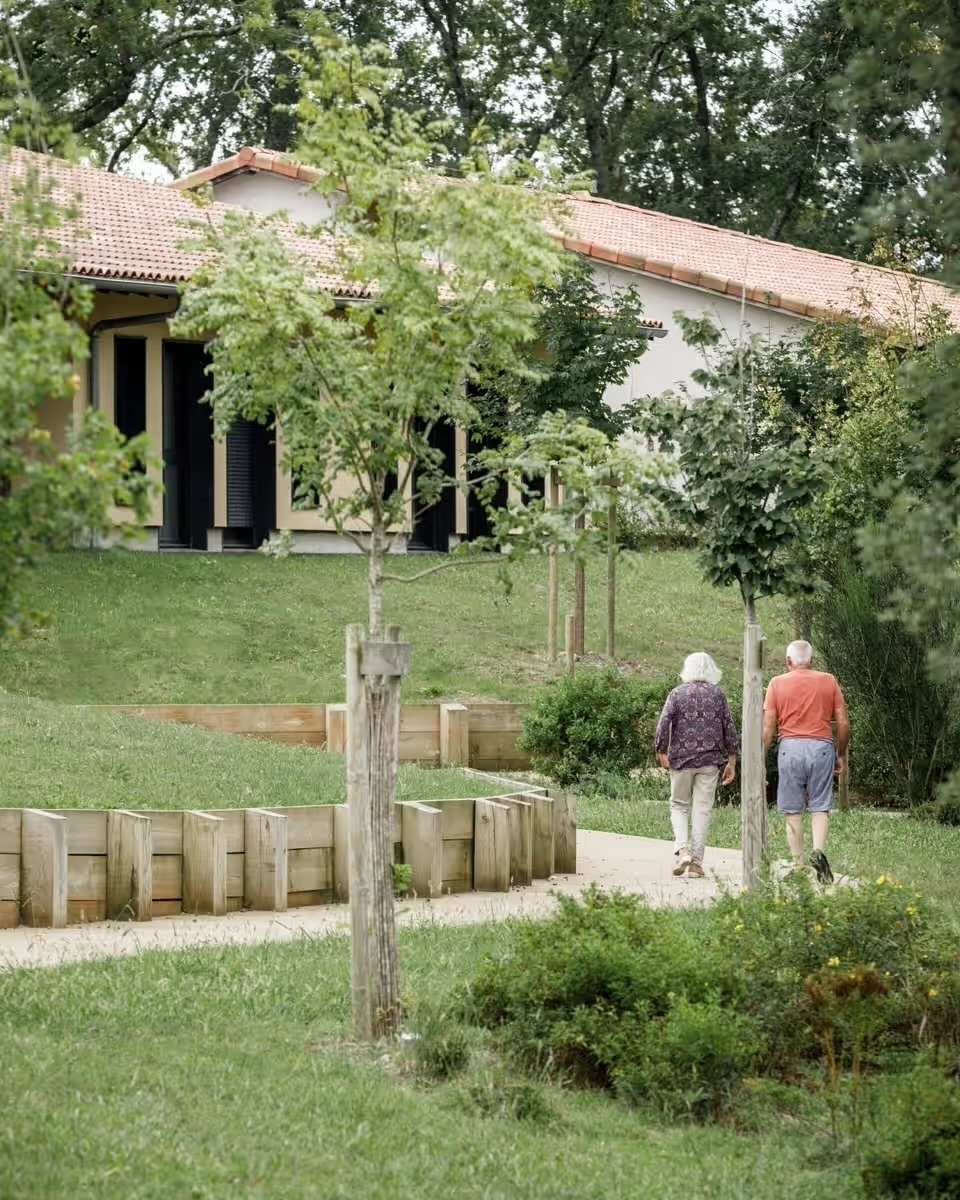Links
The use of AI tools in hiring processes is a black box but it's already widespread. Hiring is the single most important thing you do for an organisation – abrogating that responsibility to an A.I. is grossly irresponsible.
Many of the tools are essentially black boxes, says Schellmann. AI let loose on training data looks for patterns, which it then uses to make its predictions. But it isn’t necessarily clear what those patterns are and they can inadvertently bake in discrimination. Even the vendors may not know precisely how their tools are working, let alone the companies that are buying them or the candidates or employees who are subjected to them.
Schellmann tells of a black female software developer and military veteran who applied for 146 jobs in the tech industry before success. The developer doesn’t know why she had such a problem but she undertook one-way interviews and played AI video games, and she’s sure was subject to CV screening. She wonders if the technology took exception to her because she wasn’t a typical applicant. The job she eventually did find was by reaching out to a human recruiter.
[The AI tools that might stop you getting hired - The Guardian](www.theguardian.com/technolog…
"There's quite a movement among Māori all around the country. They've been gathering in their thousands and will come to Waitangi in huge numbers to confront the prime minister and the government."
“…discussion around the treaty is now the dominant political issue in New Zealand and when organiser Rueben Taipari put out the call for the hikoi to Waitangi to be in honour of upholding it, hundreds of people responded.
“How dare they think that they can erase Māori from Te Tiriti o Waitangi (the Treaty of Waitangi),” he said.”
We need to fight this constant dehumanisation "I thought I'd get the job. Then I found out my interviewer was an AI chatbot"
Logging onto an app and using a personalised link, I was told the interview would be limited to just five questions - which I didn’t really feel captured the scope of the job - and then we began.
I was shown a question on a screen for 60 seconds before having to answer verbally within the minute. Then, if I didn’t opt to give myself an additional 30 seconds, we’d move on.
I thought I’d get the job. Then I found out my interviewer was an AI chatbot - Metro UK via Black Aziz Ansari
Welcome to Tiny Train World, Winston: Clock edition
“Hey so I made a clock. It tells the time with a brand new poem every minute, composed by ChatGPT. It’s sometimes profound, and sometimes weird, and occasionally it fibs about what the actual time is to make a rhyme work.”
“Poem/1 fibs occasionally. I don’t believe it was actually 11.42 when this photo was taken. The AI hallucinated the time in order to make the poem work. What we do for art…”
Rhyming AI-powered clock sometimes lies about the time, makes up words - Arstechnica via Kristina
The value of architecture and design in aged and dementia care is clear - but routinely overlooked
Village Landais, which opened in 2020 and was recently highly commended in Dezeen’s annual design awards, aims to give as much agency and freedom, real and apparent, to the villagers, as the staff call them, as possible. The five-hectare complex has a fence around it, as it must for the safety of vulnerable residents, but within its boundary people can come and go, more or less as they choose. They can stroll around the open spaces (or run, or cycle, as people with Alzheimer’s can also be physically fit), visit their neighbours, go to the restaurant or to a show in the village auditorium, attend to animals and plants in a mini-farm and a kitchen garden.
Hopefully this kind of approach can be made more accessible, and not simply for the rich.

Never love a blog because it'll be resurrected as a zombie clickbait farm. The Hairpin is just the latest example.
This would be a nasty end for any independent media property. For The Hairpin, it’s especially repulsive, because the site was the antithesis of a content mill. It never courted a huge audience or chased trending topics—it was a writer-led website that found an audience by being experimental and intimate and odd. It served as a launching pad for bona fide stars like former New York Times reporter Jazmine Hughes, Bojack Horseman designer Lisa Hanawalt, and New Yorker writer Jia Tolentino precisely because it valued nurturing fresh ideas—and letting people make jokes!—not optimizing revenue per click.
In an attempt to understand the future of media, I tracked down The Hairpin’s new owner—a Serbian DJ named Nebojša Vujinović Vujo. He says the site is just the latest title in his stable of over 2,000 websites and admits that the majority of the new posts on The Hairpin are indeed AI-generated. “I buy new websites almost every day,” he says.
How Beloved Indie Blog ‘The Hairpin’ Turned Into an AI Clickbait Farm - Wired
When we’re young, we go around giving a fuck about all kinds of things, blissfully unaware of our ever-dwindling supply. Until one day, we give the last fuck we’ve got, and we notice that the invisible bag of fucks we’ve been carrying around all these years is finally, irredeemably, empty. We have no more fucks left to give.
Computers were a Mistake: Pandora's Box Edition

Interesting piece by Siva Vaidhyanathan in the Guardian:
Billions of people use such a device now, but hardly anyone peeks inside or thinks about the people who mined the metal or assembled the parts in dangerous conditions. We now have cars and appliances designed to feel like an iPhone – all glass, metal, curves and icons. None of them offer any clue that humans built them or maintained them. Everything seems like magic.
Forty years ago Apple debuted a computer that changed our world, for good or ill - The Guardian
I was incredibly excited when my father bought a Mac in 1985. I even made the invitations for my eighth birthday party in Paint.
Vaidhyanathan is right though. It represented a clear transition, where computers began to mask their origins and impacts. They were seen as countercultural items for those seeking to be "both hip and rich”. The first objects from interstitial space, rather than markers of those spaces.
Image credit: Mac by Thomas Hawk
"A moment of historic danger: It is still 90 seconds to midnight"
Everyone on Earth has an interest in reducing the likelihood of global catastrophe from nuclear weapons, climate change, advances in the life sciences, disruptive technologies, and the widespread corruption of the world’s information ecosystem. These threats, singularly and as they interact, are of such a character and magnitude that no one nation or leader can bring them under control. That is the task of leaders and nations working together in the shared belief that common threats demand common action. As the first step, and despite their profound disagreements, three of the world’s leading powers—the United States, China, and Russia—should commence serious dialogue about each of the global threats outlined here. At the highest levels, these three countries need to take responsibility for the existential danger the world now faces. They have the capacity to pull the world back from the brink of catastrophe. They should do so, with clarity and courage, and without delay.
A moment of historic danger: It is still 90 seconds to midnight - Bulletin of the Atomic Scientists
Theft and cultural parasitism: An analysis of the ways AI image generators represent a form of labour theft
A worthwhile essay by Trystan S. Goetze on the ways generative AI constitutes theft:
…built on the appropriation of vast troves of data obtained without consent. Moreover, machine learning models that are not employed in generative systems—such as, perhaps, certain large natural language understanding models— may also involve theft. New approaches to data collection and processing are needed for generative AI development to be morally permissible. Until then, these impressive new technologies do not stand on the shoulders of giants; rather, they parasitize their innards.
AI Art is Theft: Labour, Extraction, and Exploitation—Or, On the Dangers of Stochastic Pollocks 🎨
LARPing competence and seriousness
Doctorow’s recent linkdump is a litany of corporate failure, arrogance and malice towards their customers, ranging from pharma to film projectors. Brace yourself for this to become more entrenched as the norm:
Bill Clinton vs Organised Labour
An interesting account of Bill Clinton’s betrayal of U.S. labour, and how that’s shaped many of the issues the U.S. is still contending with.
In his first administration, a much-touted healthcare reform bill led by Hillary Clinton failed badly. By 1994 it was dead on arrival. As Secretary of Labor Robert Reich finally conceded, ‘The quest for universal healthcare had a rich history, but “managed competition” was something brand new. It was designed to placate all the powerful interest groups…this scheme had few defenders who were both knowledgeable and committed.’ It was a profound failure among those who had long wanted an extension of Medicare, passed in the 1960s by Lyndon B. Johnson in his Great Society program.
What did get passed was the North American Free Trade Agreement (NAFTA). Though it was not the most economically consequential, the authors argue that ‘it remains the most politically and ideologically toxic’ issue pushed by Clinton, an ‘apolitical blunder of the first order’ that opened up the opportunity to the Republicans during the 1994 mid-term elections and alienated large segments of the working class who, as Lichtenstein underscores, eventually became a serious proportion of today’s Trump supporters.
How platforms killed Pitchfork 🔗💿🪦
Ultimately, though, it wasn’t any decline in editorial quality that led me to read Pitchfork less frequently. It’s that the site had been caught up in a series of technological shifts that weakened its business and created an existential crisis for music critics.
It’s amazing how bad I am at this:
The monthly AI or real quiz: January 2024 - BBC, via Kristina
UK shows what not to do to tackle health inequalities
Michael Marmot on what the UK is getting wrong:
If you needed a case study example of what not to do to reduce health inequalities, the UK provides it. The only other developed country doing worse is the US, where life expectancy is falling. Our country has become poor and unhealthy, where a few rich, healthy people live. People care about their health, but it is deteriorating, with their lives shortening, through no fault of their own. Political leaders can choose to prioritise everyone’s health, or not. Currently they are not…
What must happen at the same time, though, is leadership from central government, making reducing health inequalities a central plank of the next government. That means implementing fairer social and economic policies, with health at the heart.
Hard to imagine a Keir Starmer government doing that, but let’s hope.
The enshittification of the future: "Instead of sci-fi futures, what we get is the return of 19th-century industrial relations and the dissolution of post-war social contracts"
AI is intensifying existing necropolitics, the term used by Cameroonian political theorist Achille Mbembe to refer to the use of social and political power to dictate how some people may live and how some must die, and we urgently need to resist that.
Excellent piece by Dan McQuillan from mid-2023 on how the proven harms of AI are forever being traded off against promises of future usefulness.
"We cannot understand the last fifty years of history in the United States—certainly not the first thing about Black history—without studying the emergence and evolution of rap"
An excellent essay by Dr Austin McCoy on the changing nature of hip hop, and its ongoing cultural and political relevance:
I will never forget one of my professors in the African American studies master’s program at Ohio State telling us, “We aren’t going to hip-hop our way to liberation.” True enough—yet as I later learned from African American history professors like Zachery Williams, it’s not useful to think of history as separate from culture, nor can one understand culture’s power without the history from which it springs.

